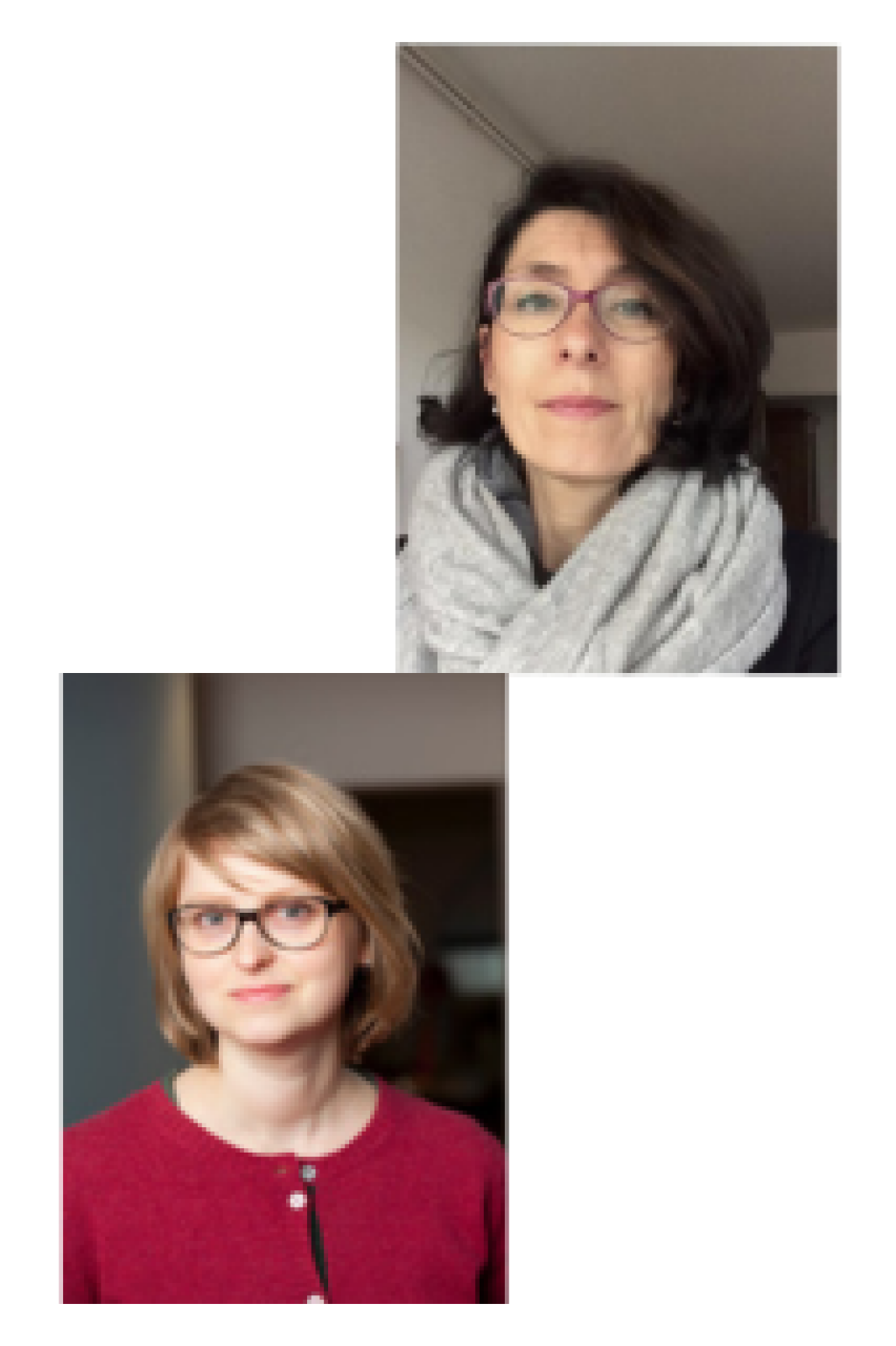This event will be hosted in hybrid format. RSVP to attend in person. Register for the Zoom meeting.
Digital Authoritarianism in the Making. Repression and Resistance on the Russian Internet
How did the authoritarian dynamic that is currently plaguing the Russian internet (Runet) come to dominate a digital space that was initially free? Digital Authoritarianism in the Making reveals the policies regulating the Runet, resituating them within their historical context starting in the early 2010s and ending with the start of the full-scale war against Ukraine in February 2022. It offers a political sociology of the Russian digital space, including the variety of actors who have sought to occupy it: access providers, developers, journalists, activists, web professionals, and mobilized citizens. Informed by five years of original fieldwork, the book highlights both repressive policies and online resistance, including lesser-known social and technical practices used to circumvent constraints. While the Runet’s shift toward authoritarianism is specific to Russia, this model is expanding to all the regions where Moscow is extending its influence.
Françoise Daucé is Professor at the School for Advanced Studies in the Social Sciences (EHESS) in Paris and member of the Center for Russian, Caucasian, East-European and Central Asian Studies (CERCEC). A political sociologist, she coordinated the collective research project “The Net Resisters. Criticism and evasion of digital coercion in Russia” (ResisTIC - 2018-2022). She co-edited the book resulting from this collective project:Françoise Daucé, Benjamin Loveluck, Francesca Musiani (dir). Genèse d’un autoritarisme numérique. Répression et résistance sur Internet en Russie (2012-2022). Editions des Mines, 2023. Her current research work focuses on digital sovereignty in Eastern Europe as part of the collective DIGISOV project (Digital Governance and Sovereignty in a Fractured World : Competing States and Circulating Norms) supported by the French National Research Agency (ANR). She published in a range of journals, including First Monday, Critique Internationale, Revue d’études comparatives Est-Ouest, Europe-Asia Studies, Problems of post-Communism, Journal of Civil Society, Réseaux, Digital Icons, Le Mouvement social and Laboratorium.
Economic Knowledge in Crisis: Economists and the State in the Late Soviet Union
This book aims to shed new light on the puzzle of the late Soviet conversion to the “market” and capitalism by revisiting the history of Soviet reform economics. Using a variety of sources, including interviews with economists, archival files, and published materials, it examines the social contexts in which economists employed in economic administration and research institutions could have played a crucial public and political role, the forms of their participation, and the social and political logic behind the selection of economic experts and their rise to power during perestroika and the “transition” period. It also compares the professional trajectories of these reformist economists and assesses the scope of this group’s influence in the post-Soviet period in order to conclude on the new state of economic expertise in Russia.
Olessia Kirtchik holds a Ph.D. in Sociology from the School for Advanced Studies in the Social Sciences (EHESS), in Paris, and worked at the Higher School of Economics (HSE University) in Moscow. She has written numerous articles on the historical sociology of social sciences in the Soviet Union, including rural economics, mathematical economics, and artificial intelligence (Europe–Asia Studies, History of the Human Sciences, History of Political Economy, Revue d’Anthropologie des Connaissances, Studies in History and Philosophy of Science, etc.). She’s also coordinated several thematic issues on the comparative history of economic transition and on the history of the social and human sciences during the Cold War. She’s a member of the editorial boards of the following journals: Revue d’Histoire des Sciences Humaines (RHSH); Zilsel: Science, Technique, Société; Serendipities. Journal for the Sociology and History of the Social Sciences; and, in 2009–2018, aboratorium: Russian Review of Social Research.



